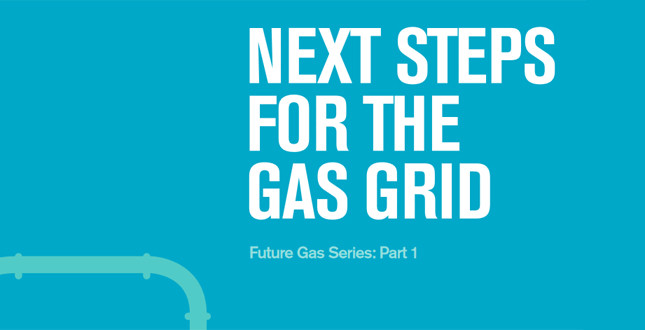

A report published by think tank Policy Connect and forum Carbon Connect, in collaboration with a cross-party group of politicians and the energy sector, has set out the next steps for the gas grid.
Next Steps for the Gas Grid argues that the gas grid could play a useful role in the UK’s transition to a low carbon energy system through the widespread use of low carbon gas. The report calls on government to support the transition to a more flexible gas grid that uses various forms of gas, including low carbon gases such as hydrogen and biomethane.
Mitya Pearson, Energy Policy Specialist at Policy Connect who co-authored the report, said: “Heat for buildings alone accounts for around 40% of our energy consumption. The emissions associated with this will need to fall to almost zero by 2050 if we are to meet our legally-binding climate change targets. Converting our gas grid to low carbon gases such as hydrogen and biomethane is widely seen as an option to achieve this.
“The increased use of low carbon gas, as with the widespread the rollout of all low carbon heating solutions, will throw up important political questions such as how to pay for this. Our report points to answers in this area but there is an urgent need for politicians to engage on the challenges associated with such a transition.”
The report is published ahead of the government’s Clean Growth Plan – a policy paper which will set the UK’s future strategy for energy and climate change.
Isaac Occhipinti, Head of External Affairs at the Energy and Utilities Alliance, endorsed the report: “The gas network is already carrying low carbon bio methane and is physically able to carry huge quantities of other gases, including hydrogen, meaning it can play a key role in enabling us to meet our carbon reduction goals. Making efficient use of the gas network available to us, would allow for an affordable and practical solution to the issue of heat decarbonisation.”
If you'd like to keep up-to-date with the latest developments in the heating and plumbing industry, why not subscribe to our weekly newsletters? Just click the button below and you can ensure all the latest industry news and new product information lands in your inbox every week.